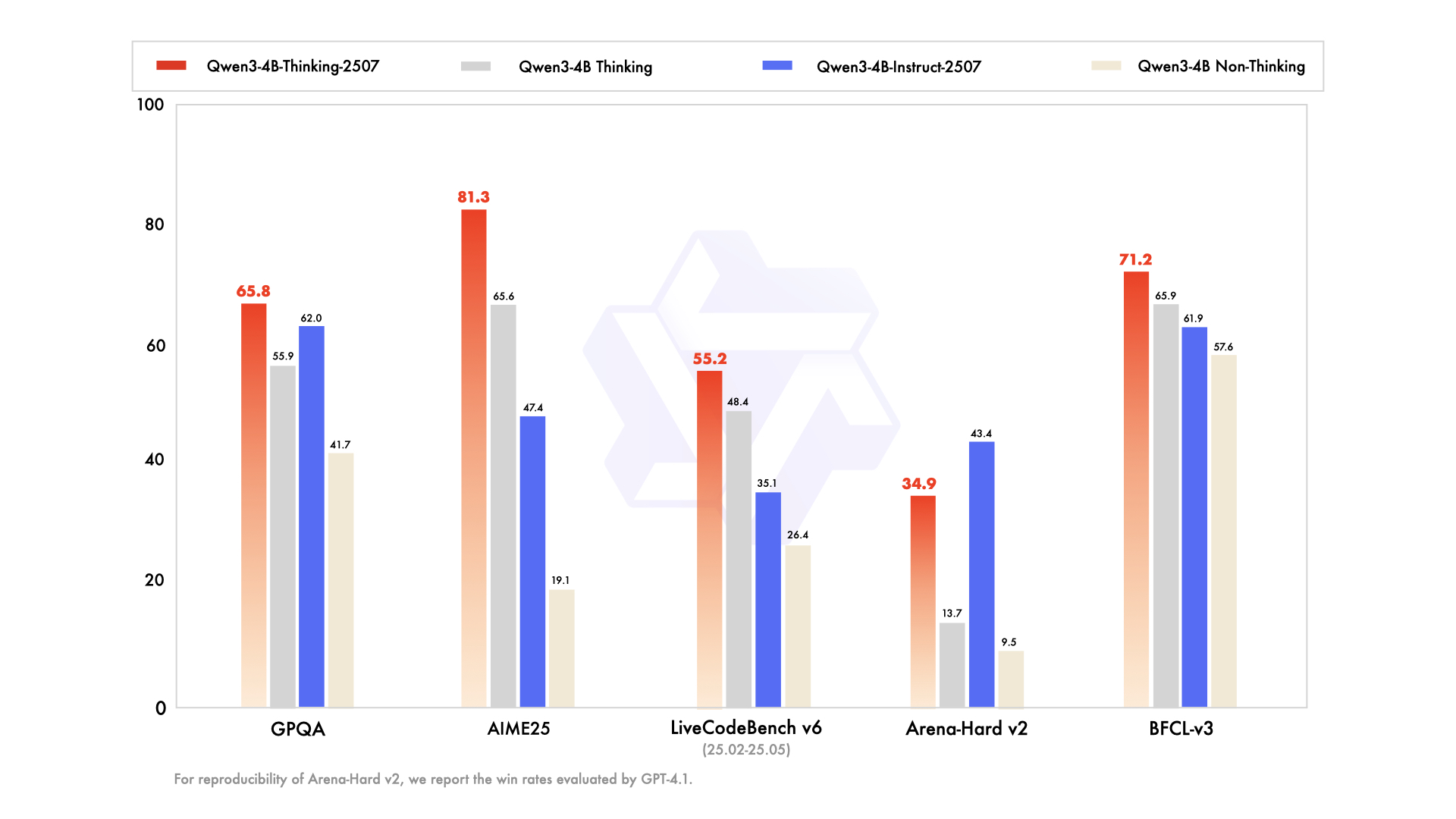Google Breached: ShinyHunters Strike Again in Salesforce Data Heist
Hello everyone, and today we’re diving headfirst into the latest episode of “How Secure Is Your Data, Really?” starring none other than Google as the latest victim in a string of Salesforce CRM data thefts orchestrated by the infamous ShinyHunters extortion group. If you thought your data was safe in the hands of tech giants, well, it’s time for a reality check—preferably with a side of sarcasm and a healthy dose of skepticism.
The Anatomy of the Breach: A Doctor’s Dissection
Let’s start with the basics. In June, Google’s corporate Salesforce instance was compromised. The attackers, classified by Google as ‘UNC6040’ or ‘UNC6240’ (because apparently, catchy names are so last season), managed to breach the system and make off with customer data. Google, in its infinite wisdom, assures us that the data was “confined to basic and largely publicly available business information, such as business names and contact details.”
Because nothing says “secure” like having your publicly available information stolen by cybercriminals. It’s like breaking into a hospital and only stealing the magazines from the waiting room—still illegal, but hey, at least they didn’t take the X-rays, right?
ShinyHunters: The Boss Level Nobody Wanted
For those unfamiliar with ShinyHunters, let me give you a quick rundown. These guys are the final boss in the world of data breaches. They’ve been around for years, racking up high scores with breaches at AT&T, Microsoft, the US Department of Defense, Ticketmaster, Wattpad, Tokopedia, Bonobos, Pixlr, and Mashable, among others. If there were an achievement system for cybercrime, ShinyHunters would have unlocked them all—and probably sold the achievement data on the dark web for good measure.
In a conversation with BleepingComputer, ShinyHunters claimed to have breached “many” Salesforce instances, with attacks still ongoing. They even boasted about compromising a trillion-dollar company and are contemplating whether to leak the data or just sit back and watch the world burn. Spoiler alert: the trillion-dollar company is likely Google, but hey, who needs confirmation when you’ve got bravado?
The Extortion Game: Pay to Play
Once ShinyHunters have their hands on your data, the real fun begins. They start extorting companies via email, demanding ransoms to prevent the data from being leaked. It’s like a pay-to-win model, except the stakes are your company’s reputation and your customers’ trust. One company has already coughed up 4 Bitcoins—roughly $400,000—to keep their data under wraps. That’s a lot of loot boxes for information that was supposedly “largely publicly available.”
And if you think paying up guarantees your safety, think again. Once ShinyHunters are done with their private extortion spree, they plan to publicly leak or sell the data on hacking forums. It’s the gift that keeps on giving—assuming you enjoy identity theft and corporate espionage.
The Victim List: Who’s Next?
Google isn’t alone in this mess. Other companies caught in the crossfire include Advance Auto Parts, Los Angeles Unified School District, and several LVMH subsidiaries like Sephora, Louis Vuitton, and Christian Dior. It’s a veritable who’s who of “companies you thought had their act together.” Apparently, the only thing they have in common now is a spot on ShinyHunters’ hit list.

The Medical Metaphor: A Diagnosis of Incompetence
As a doctor, I can’t help but draw parallels between this breach and a hospital-acquired infection. You go in for a routine check-up (or, in this case, store your data with a trusted provider), and you come out with something far worse than what you started with. It’s a classic case of iatrogenic harm—except instead of a botched surgery, it’s a botched security protocol.
Google’s response? “We performed an impact analysis and began mitigations.” Translation: We’re scrambling to patch the holes after the ship has already taken on water. It’s like prescribing antibiotics after the infection has spread—too little, too late.
The Gaming Angle: Respawn, Retry, Repeat
From a gaming perspective, this whole scenario feels like a poorly balanced raid encounter. The defenders (Google and friends) are under-leveled, under-geared, and clearly haven’t read the strategy guide. Meanwhile, ShinyHunters are running around with legendary loot, exploiting every glitch in the system. If this were an MMO, the devs would have issued a hotfix by now. Instead, we get corporate statements and promises of “mitigations.”
The Takeaway: Trust No One (Except Maybe Your Firewall)
So, what have we learned from this latest breach? For starters, no company is immune—not even the tech behemoths. Storing your data with a big name doesn’t guarantee security; it just means you’re a bigger target. And as for Salesforce, well, maybe it’s time to invest in some two-factor authentication and a few more security audits.
In the end, this breach is just another reminder that in the world of cybersecurity, complacency is your worst enemy. Whether you’re a trillion-dollar company or a small business, the threat is real, and the consequences are severe. So, patch your systems, train your staff, and maybe—just maybe—consider storing your sensitive data somewhere a little less obvious. Like a locked drawer. Or a safe. Or, you know, not on the internet at all.
Conclusion: Game Over, Insert Coin to Continue
To wrap things up, Google’s breach at the hands of ShinyHunters is a stark reminder that no one is safe in the digital age. The attackers are getting smarter, the defenses are lagging, and the stakes are higher than ever. It’s a game of cat and mouse, and right now, the mice are winning.
And that, ladies and gentlemen, is entirely my opinion.
Source: Google suffers data breach in ongoing Salesforce data theft attacks, https://www.bleepingcomputer.com/news/security/google-suffers-data-breach-in-ongoing-salesforce-data-theft-attacks/


